Industry information
Company News
- Fluorocarbon aluminum veneer: the fashionable new favorite of architecture, revealing its charm!
- Fluorocarbon aluminum veneer: the secret weapon of architectural aesthetics!
- Aluminum veneer: the secret power behind lightness
- Aluminum veneer curtain wall, the new darling of architectural art?
- Fluorocarbon aluminum veneer: the new favorite of architecture, the perfect combination of fashion and practicality
Industry dynamics
- Aluminum veneer curtain wall: the "invisible hero" of the construction industry
- Aluminum veneer customization, creating a new trend of personalized space
- Customize aluminum veneer to create a unique spatial aesthetic
- Exploring the Beauty of Modern Architecture - The Charm of Curtain Wall Aluminum Veneers
- Guidelines for Process and Material Selection of Hollow 3mm Aluminum Veneer
Frequently asked questions
- Is the use of aluminum veneer limited by geographical environment?
- Can the insulation function of aluminum veneer be long-lasting and effective?
- Can aluminum veneer be applied to the exterior design of sports buildings?
- What is the thermal expansion coefficient of aluminum veneer?
- What are the maintenance methods for aluminum veneer?
contact us
Mobile:+86 15627778610
Email: 2201229786
Address: No. 5 Binjiang Road, High tech Zone, Zhaoqing City, Guangdong Province
What is the hardness of aluminum veneer?
- Author: Xinlongtai Aluminum Industry (Guangdong) Co., Ltd
- Release time: February 21, 2025 at 02:21:50
- Click:0

Aluminum veneerAs a new type of building material, its hardness has attracted much attention. Let's learn together about the hardness of aluminum veneer.
The material of aluminum veneer has an impact on its hardness. Generally speaking, pure aluminum has a softer hardness, while some alloy materials, such as aluminum alloys, magnesium alloys, etc., have higher hardness. These alloy materials have added some special elements such as lithium, zirconium, copper, etc. during the manufacturing process, which can effectively improve their hardness.
The use and environment of aluminum veneer can also affect its hardness. For example, in humid areas or high humidity environments, aluminum veneer is susceptible to moisture erosion and corrosion, thereby reducing its hardness. When selecting aluminum veneer, it is necessary to consider and choose according to specific climate and environmental conditions to ensure that it can adapt to the local natural environment.
The hardness of aluminum veneer refers to its ability to resist external deformation. Normally, the hardness of aluminum veneer is between 70 and 90 on the Mohs scale. This range is relatively high, so the influence of its hardness needs to be considered in the design and construction process of aluminum veneer.
To maximize the hardness of aluminum veneer, the following measures can be taken:
1. Fully consider the hardness requirements of aluminum veneer in the design and construction process, arrange its position and size reasonably, and avoid deformation caused by excessive pressure or tension.
2. Before installing aluminum veneer, reserve holes or set up reinforcement structures to withstand and disperse forces when subjected to external impacts without affecting the overall stability of the building.
3. After installing the aluminum veneer, conduct regular inspections and maintenance to promptly identify and repair problems caused by insufficient hardness.
The hardness of aluminum veneer is an important parameter that directly affects the durability of aluminum veneer and the overall stability of buildings. Through reasonable design and construction methods, as well as regular inspection and maintenance, the hardness of aluminum veneer can be maximized, making it more durable and reliable.

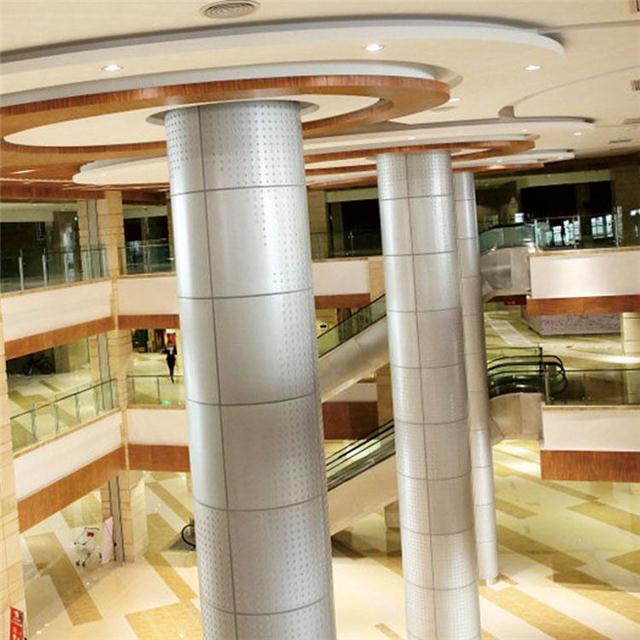
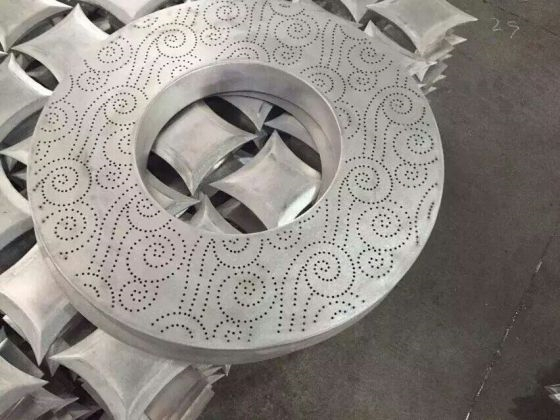
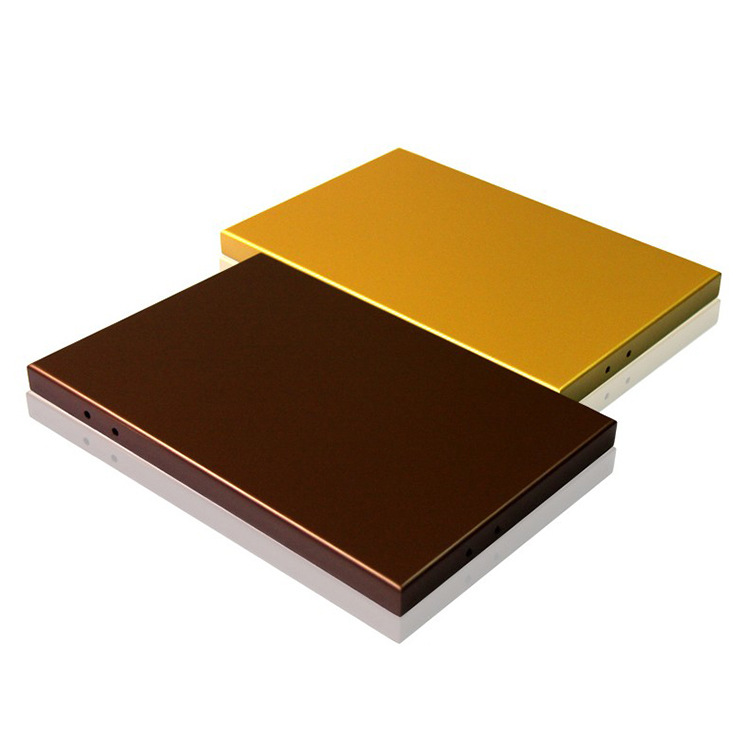
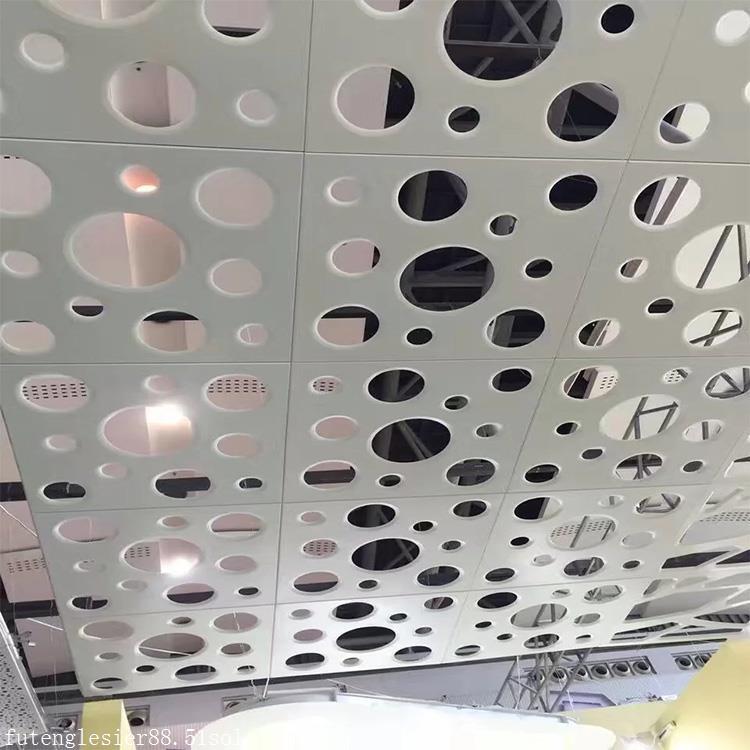
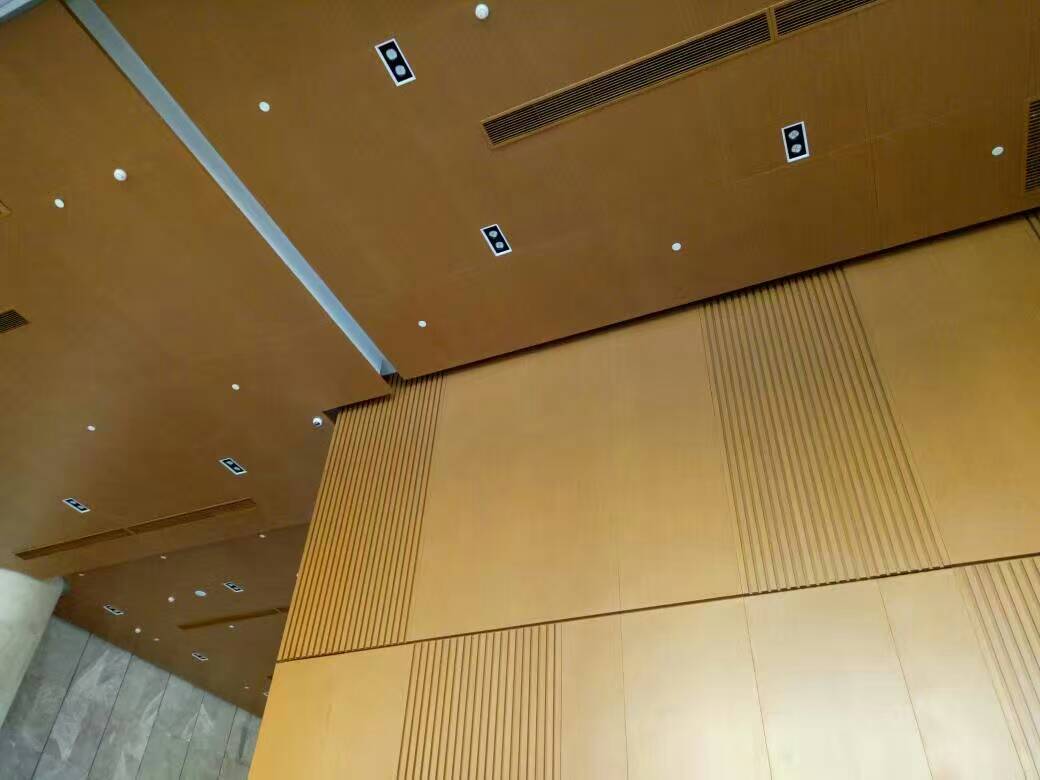

 Customer service QQ
Customer service QQ